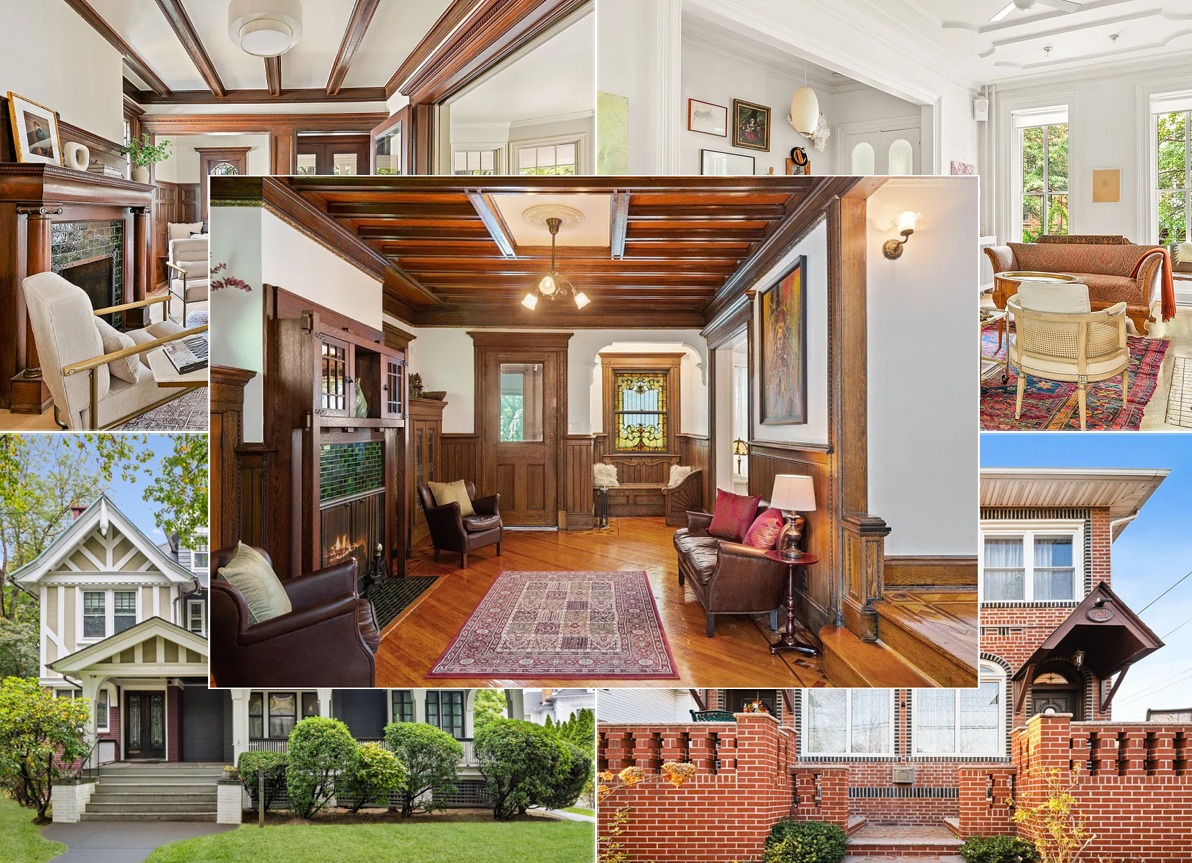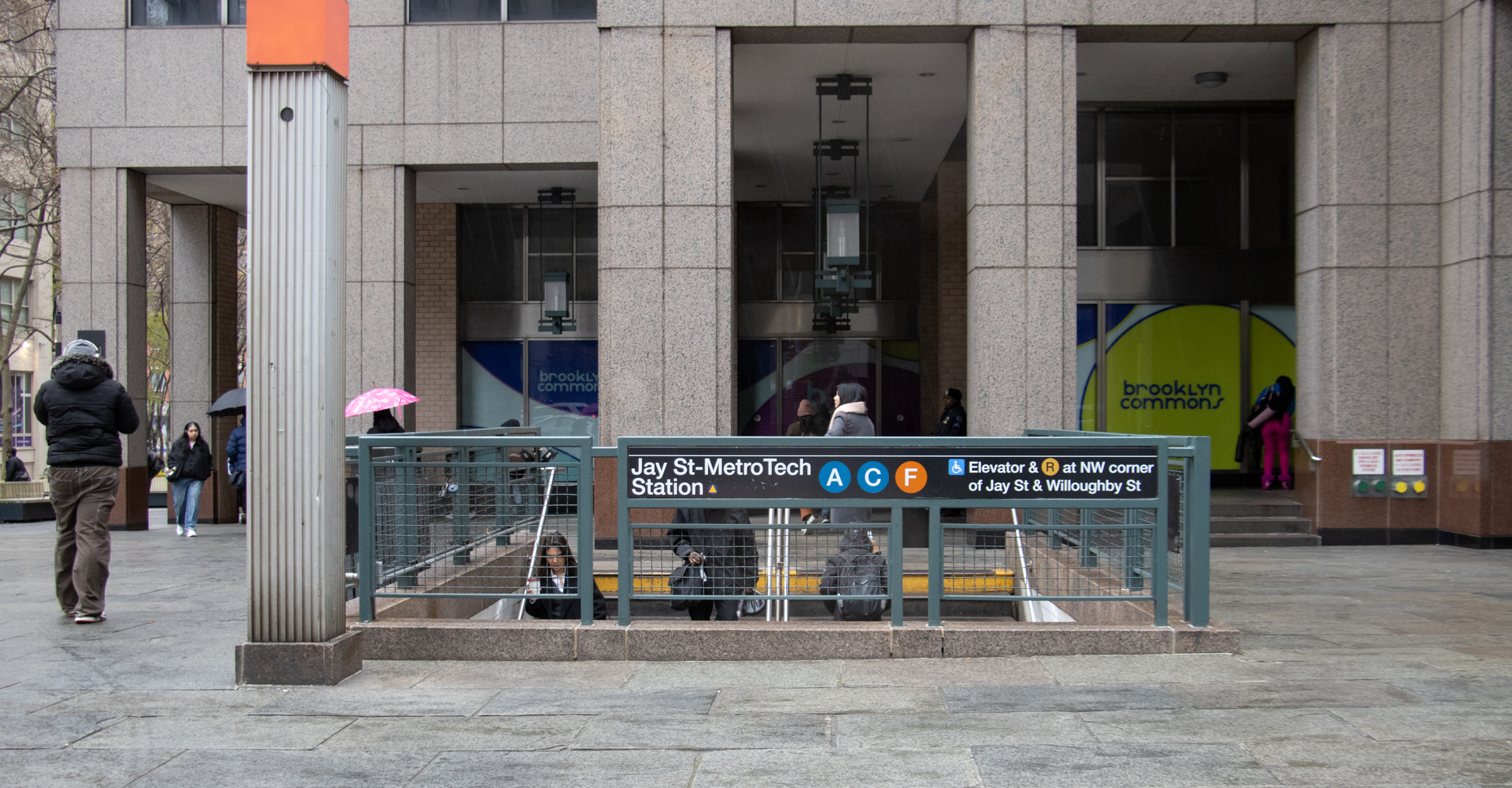Gotham's Supermarket Shortage: A Public Health Crisis?
The city’s recent building boom has had at least one noticeable deleterious effect on a cross-section of New Yorkers, but especially poorer ones: It’s played a large role in supermarkets closing as owners sell out developers, according to an article published a few weeks ago in the Washington Post. (The story zooms in on a…


The city’s recent building boom has had at least one noticeable deleterious effect on a cross-section of New Yorkers, but especially poorer ones: It’s played a large role in supermarkets closing as owners sell out developers, according to an article published a few weeks ago in the Washington Post. (The story zooms in on a Fort Greene woman who now has to drive in order to get to a supermarket after her local mart was sold off to a developer.) There are now one-third fewer supermarkets in the five boroughs than there were six years ago, says retail consulting company F&D Reports. The Bloomberg administration thinks fewer people having access to fresh produce is a public health crisis, and it’s pushing legislation like the Green Cart law to get more fruit-and-vegetable stands into low-income neighborhoods. There’s also a statewide supermarket commission in the works that will try to come up with new ways to lure groceries to underserved communities. A similar strategy has apparently already been tried in Philadelphia, where a nonprofit organization called Food Trust helped attract 32 new supermarkets. The supermarket shortage, of course, also affects residents of new luxury condos. “How are you going to have million-dollar condos if there’s no place to buy bok choy?” Alicia Glen, the managing director of the Goldman Sachs Urban Investment Group.
Groceries Grow Elusive For Many in New York City [Washington Post]
Yes, We Have No Bananas: More Fruit Stands for Brooklyn [Brownstoner]
Photo by janelbot.





I was doing some research into the new “Green Cart” law. The carts are targeted to the neighborhoods where the greatest number of people reported in a survey that they had not eaten a fruit or vegetable the previous day. Forget, “Eat five, and that ain’t no jive,” or whatever the slogan is–these folks hadn’t even eaten one.
A zoning code which prohibits supermarkets in manufacturing districts unless they get a special permit doesn’t help matters.
A true urban neighborhood must have supermarkets or decent grocery stores within walking distance or somewhat close proximity. It’s one major way to discourage people from having cars. Grocery shopping is one of the reasons I know some people buy cars.
The supermarket scene in Brooklyn and NYC in general is atrocious. But as crappy as many supermarkets are in poorer neighborhoods in Bklyn, people still need them. They are many older people and moms with young children for whom it’s not convenient for them to push shopping carts for 10-15 blocks. Geez, some of you people on this site are some of the most selfish egotistical people around.
9:46 – In Manhattan, yes. Brooklyn not so much.
Joining a CSA is a lot cheaper than the supermarket, with produce of much better quality and freshness. Many CSAs also price according to income and accept food stamps. Still, the condition of grocery stores is appalling in nyc. Why don’t they get fined for being filthy or selling expired products?
Oh, and another thing. I just read the article and came across this line:
“FreshDirect, an online grocer that delivers to certain neighborhoods, has so transformed food shopping that many new residential buildings include a refrigerated room off the lobby for food deliveries.”
Has does anyone know of a new building with this feature?? I do not.
To 9:22: a functioning urban neighborhood means that there’s a supermarket within walking distance. What’s the use of living in NYC if I can’t get my daily needs met on foot? It’s a city after all.
One of the big criteria that I had when looking for a new place was its proximity to things like a supermarket, bank, pharmacy, gym, etc. We paid more than we might have paid for place where those things were not so close, but I think that the quality of life decision we made by doing so was worth every penny (and I acknowledge that we were lucky to be able to afford to make that type of decision–there was a point in my life when that wasn’t possible).
If I have to drive, then I might as well move to the suburbs. So, I think that it’s a good thing that someone is focusing on these types of neighborhood necessities.
How does someone in fort green have to drive to a supermarket?
There is a Bravo supermarket about 5 blocks from the Associated that was torn down. So she has to take a car for about 30 seconds to get to another grocery store – the horror.